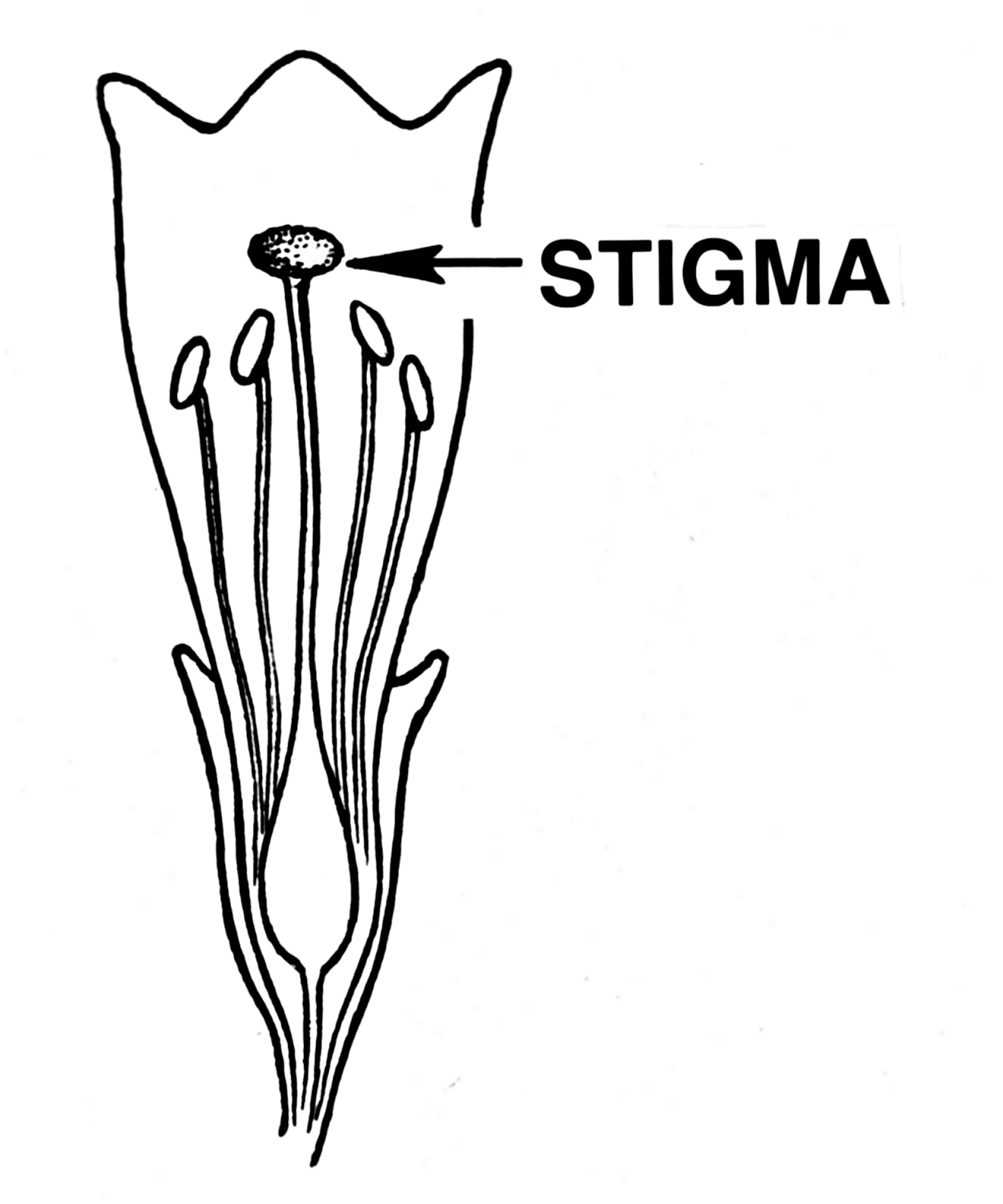http://www.ctvnews.ca/health/lets-talk
There's a reason I post this link today.
Though it has gotten a certain amount of coverage by the mainstream press, mostly telling lame versions of "the clown story" ("But doctor, I AM Pagliacci!"), Let's Talk (sponsored, let's not forget, by Bell) is always well down on the list, because mental health simply isn't news. The fact we're just beginning to "talk", "break the stigma", etc. (or "reduce" the stigma, as it's usually expressed) in 2015 horrifies me. The fact that we have to set aside a day for it (but only one - let's not get carried away here) is discouraging, but it's better than nothing, I suppose. But I think we still have an Amadeus-cage/snake pit/cuckoo's nest mentality, or at least scorn, contempt and mortified silence.
I don't know what I'm going to do about all this, so I'll post this excellent link to many good videos, then re-run a piece that it cost me something to write. Will it do any good? Will anyone even see it?
Let's not "reduce" the stigma: let's throw it out!
Every day, and in every way, I am hearing a message. And it's not a bad message, in and of itself.
It's building, in fact, in intensity and clarity, and in some ways I like to hear it.
It's about mental illness, a state I've always thought is mis-named: yes, I guess it's "mental" (though not in the same class as the epithet, "You're totally mental"), but when you call it mental illness, it's forever and always associated with and even attached to a state of illness. You're either ill or you're well; they're mutually exclusive, aren't they?
So the name itself is problematic to me. It seems to nail people into their condition. Worse than that, nobody even notices. "Mentally ill" is definitely preferable to "psycho", "nut case", "fucking lunatic", and the list goes on (and on, and on, as if it doesn't really matter what we call them). But it's still inadequate.
There's something else going on that people think is totally positive, even wonderful, showing that they're truly "tolerant" even of people who seem to dwell on the bottom rung of society. Everywhere I look, there are signs saying, "Let's reduce the stigma about mental illness."
Note they say "reduce", not banish. It's as if society realizes that getting rid of it is just beyond the realm of possibility. Let's not hope for miracles, let's settle for feeling a bit better about ourselves for not calling them awful names and excluding them from everything.
I hate stigma. I hate it because it's an ugly word, and if you juxtapose it with any other word, it makes that word ugly too. "Let's reduce the hopelessness" might be more honest. "Let's reduce the ostracism, the hostility, the contempt." "Stigma" isn't used very much any more, in fact I can't think of any other group of people it is so consistently attached to. Even awful conditions (supposedly) like alcoholism and drug abuse aren't "stigmatized" any more. Being gay isn't either. Why? Compassion and understanding are beginning to dissolve the ugly term, detach it and throw it away.
"Let's reduce the stigma" doesn't help because it's miserable. It's the old "you don't look fat" thing (hey, who said I looked fat? Who brought the subject up?). Much could be gained by pulling the plug on this intractibly negative term. Reducing the stigma is spiritually stingy and only calls attention to the stigma.
So what's the opposite of "stigmatized"? Accepted, welcomed, fully employed, creative, productive, loved? Would it be such a stretch to focus our energies on these things, replacing the 'poor soul" attitude that prevails?
But so far, the stifling box of stigma remains, perhaps somewhat better than hatred or fear, but not much. Twenty years ago, a term used to appear on TV, in newspapers, everywhere, and it made me furious: "cancer victim". Anyone who had cancer was a victim, not just people who had "lost the battle" (and for some reason, we always resort to military terms to describe the course of the illness). It was standard, neutral, just a way to describe things, but then something happened, the tide turned, and energy began to flow the other way.
From something that was inevitably bound to stigma in the past, cancer came out of the closet in a big way, leading to all sorts of positive change that is still being felt. But first we had to lose terms like "victim", because they were unconsciously influencing people's attitudes. We had to begin to substitute words like "survivor" and even "warrior".
One reinforced the other. The movement gave rise to much more positive, life-affirming, even accurate terminology. That's exactly what needs to happen here. We don't just need to "reduce the stigma": we need to CAN that term, spit on it, get rid of it once and for all, and begin to see our mental health warriors for who and what they really are. They lead the way in a daring revolution of attitudes and deeply-buried, primitive ideas, a shakeup and shakedown of prejudice that is shockingly late, and desperately needed.
Why do we need to do this so badly? We're caught and hung up on a negative, limiting word that is only keeping the culture in the dark. I once read something in a memoir that had a profound effect on me: "Mental illness is an exaggeration of the human condition." This isn't a separate species. Don't treat it as such. It's you, times ten. It's me, in a magnifying mirror. Such projections of humanity at its finest and most problematic might just teach us something truly valuable. Why don't we want to look?








No comments:
Post a Comment
Comments